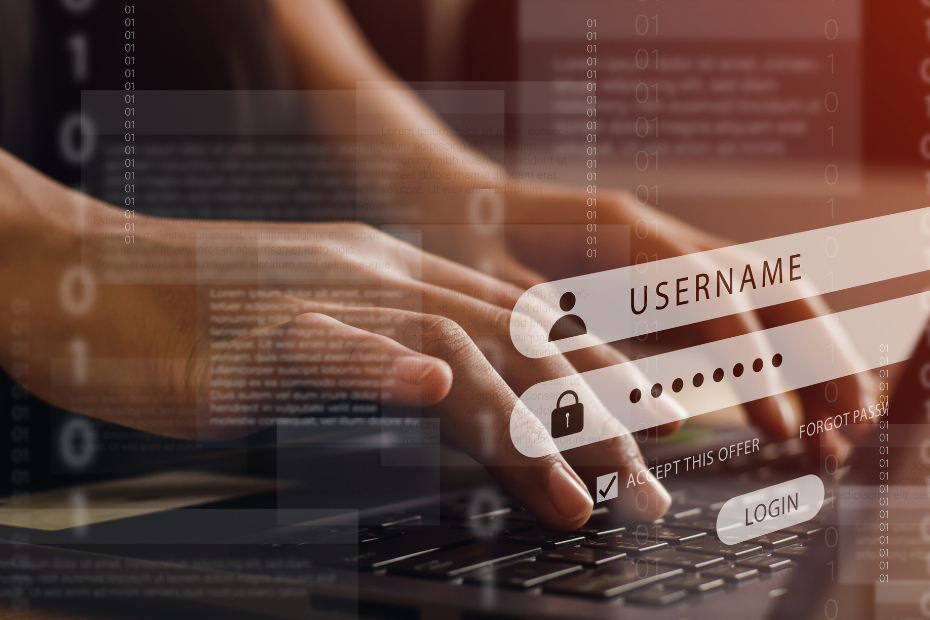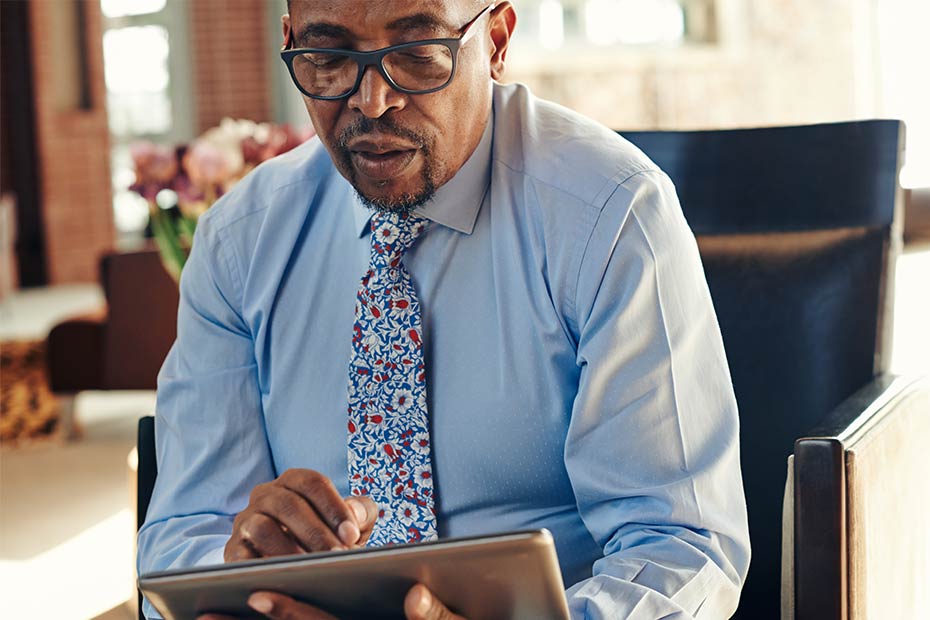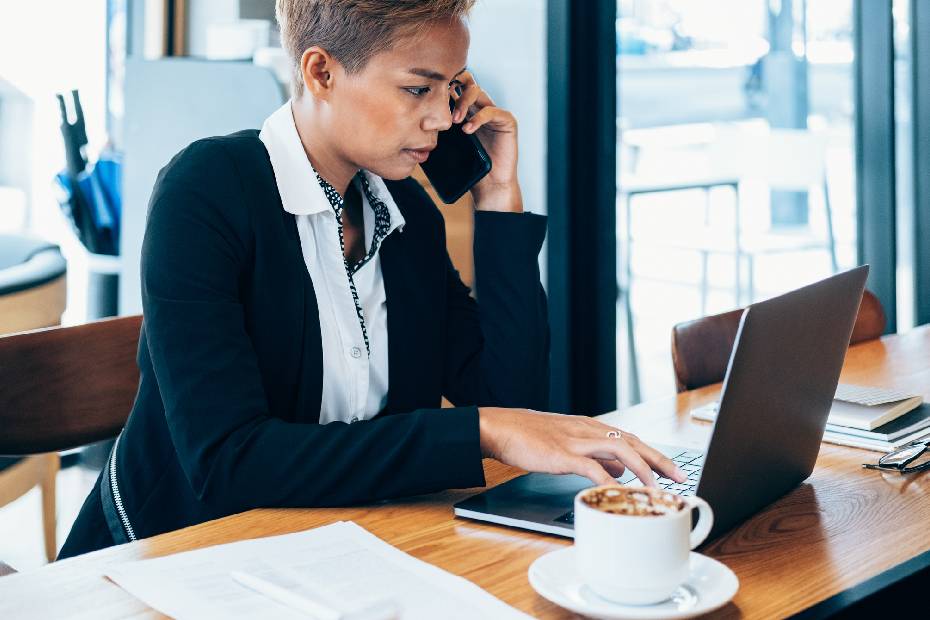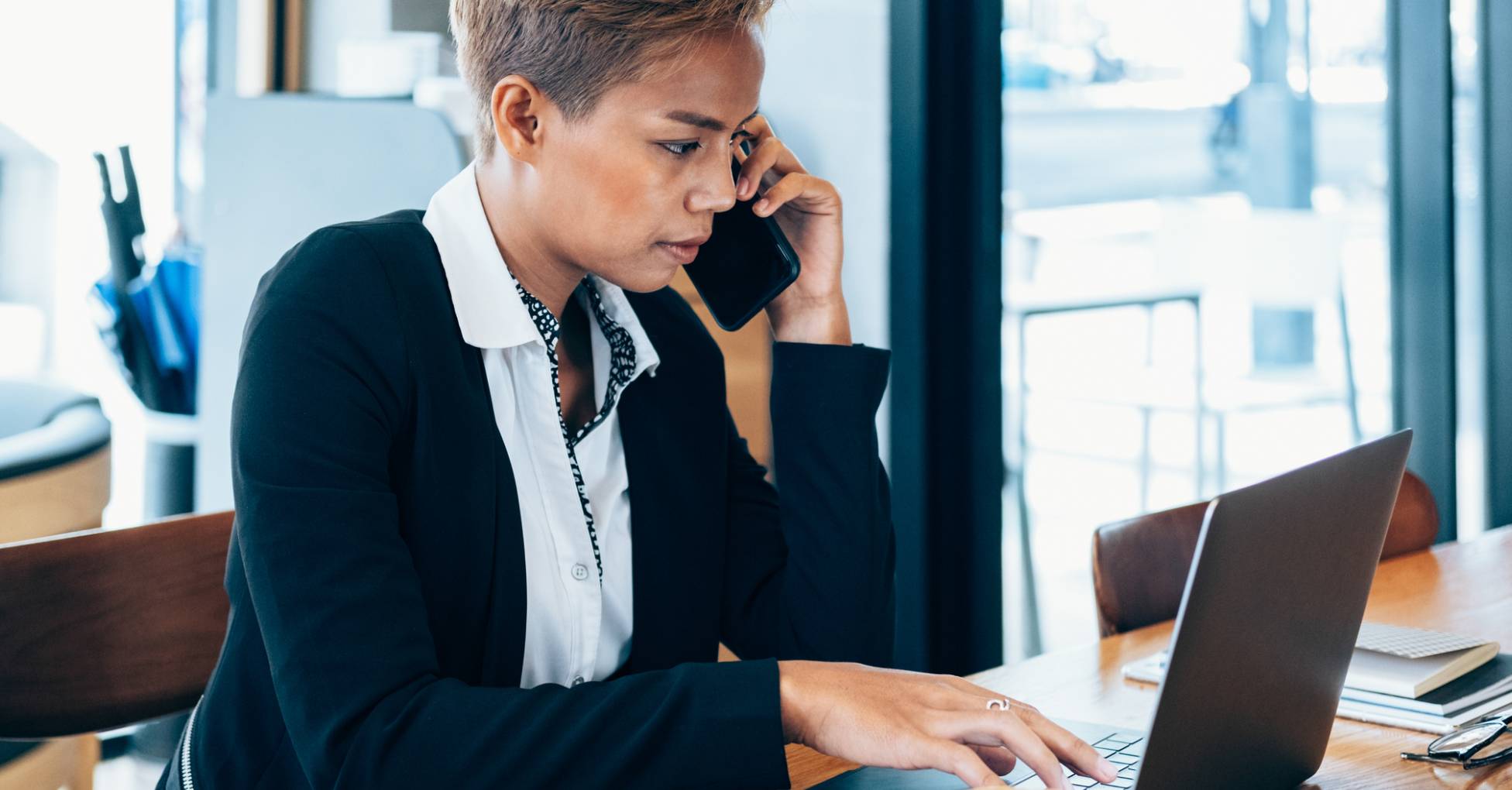Be Wary of “urgent” Phone Calls or Emails
Fraudsters can send COVID-19 phishing emails pretending to be from a Government Department with an email address that looks very similar to a government official. They may be marked “URGENT” and claim to provide health updates or financial relief grant information. These often trick people into opening malicious attachments or confirming personal and/or financial information such as a bank account number. Similarly in a telephone scam, persons and businesses are asked to provide personal details over the phone by someone claiming to be a public official.
How to protect yourself: Be on the alert and ask questions. Do not open emails from unknown senders, and never share your personal information via email, phone or social media.
Keep Your Software up to Date
Software and hardware manufacturers routinely issue updates and what are called “patches” to improve security. Hackers, along with malicious programmes or viruses, find weaknesses in software in order to gain access to computers, smartphones or tablets. The video conferencing-platform Zoom, which found new popularity with the increase of remote work and teaching, has issued updates to address increasing security concerns. Users were experiencing ‘Zoombombing’ where their video conferences were disrupted by unwanted participants posting lewd content. Installing official updates fixes these vulnerabilities and can help keep devices secure.
How to protect yourself: For optimal security, every device that you use in your home or business should download and install all official updates and patches on a regular basis.
Use Stronger Emails and Passwords
When was the last time you updated your company’s passwords? Updating your passwords regularly and using strong email passwords can help prevent being a target for hackers.
How to protect yourself: Educate yourself, your family and your employees on how to be cybersafe and avoid becoming targets of fraudulent behaviour online.
Know your money
Dealing with cash during COVID-19 can be a hassle since bills may have to be sanitised and you might want them off your hands as quickly as possible. But, before you accept cash in a hurry, make sure you safely check your banknotes to ensure they are not forged.
How to protect yourself: You can protect yourself by getting to know the safety features of your currency to avoid being scammed.
Beware of “work from home” Job Offers and Pyramid Schemes
COVID-19 has caused financial constraints with businesses having to keep their operations lean and some employees being retrenched. Emails promising you that you can “make money from the safety of your home” may be a tempting solution to monetary woes; however, be wary.
Multi-level marketing companies or MLMs have adapted their marketing tactics by touting “cures for COVID-19″ products for sale. These companies use pyramid schemes to gain earnings. The scheme involves people recruiting new members to pay an entry fee to join a group or organisation. The original member (or person who replaces them) then keeps those fees and exits, while the new members are forced to find fresh recruits to continue paying entry fees. Any company that incentivizes recruitment over product sales might be a pyramid scheme.
How to protect yourself: Before applying for a job, be sure to verify the company is legitimate. A simple online search can validate the company exists. Also, keep in mind that an authentic job won’t ask you to pay out-of-pocket expenses before an interview. Finally, never send your bank account information to anybody you don’t know or trust.
This article is intended as general information only and is not to be relied upon as constituting legal, financial or other professional advice. A professional advisor should be consulted regarding your specific situation. Information presented is believed to be factual and up-to-date but we do not guarantee its accuracy and it should not be regarded as a complete analysis of the subjects discussed. All expressions of opinion reflect the judgment of the authors as of the date of publication and are subject to change. No endorsement of any third parties or their advice, opinions, information, products or services is expressly given or implied by Royal Bank of Canada or any of its affiliates.



















